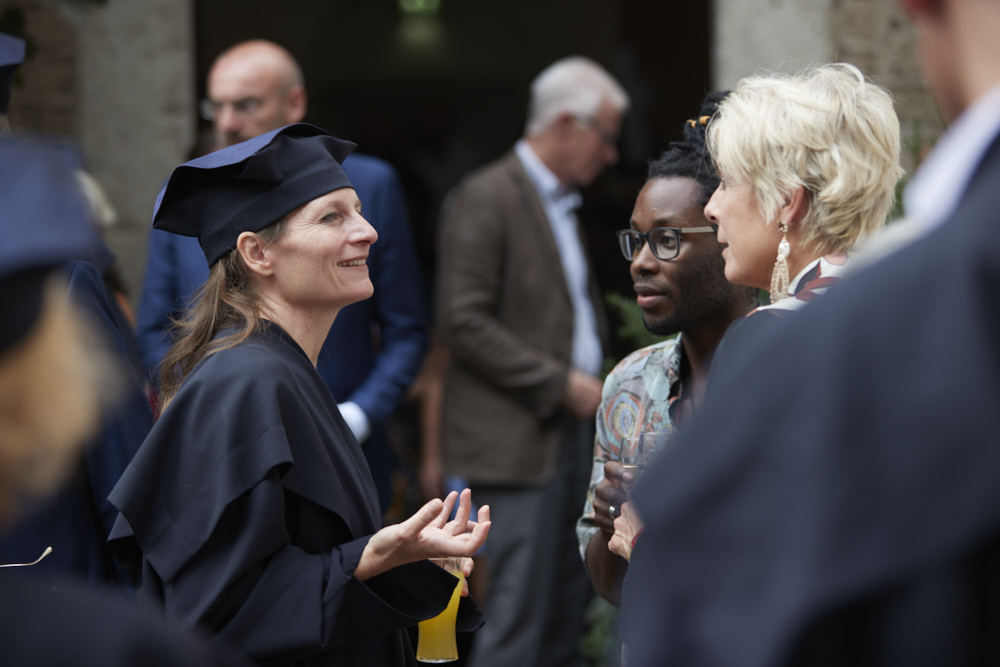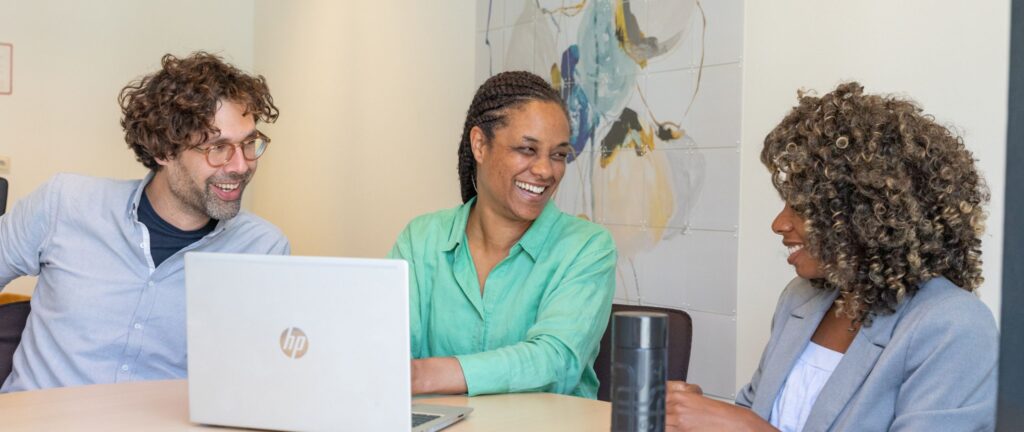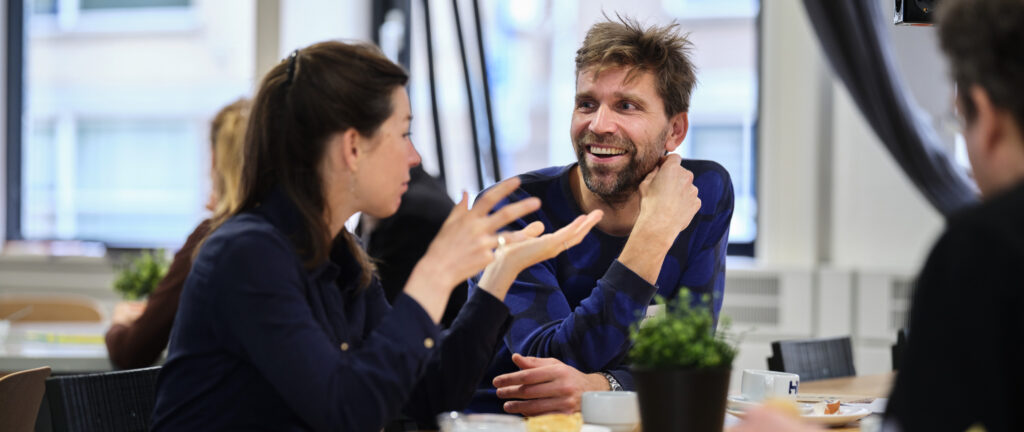‘Universities are in a unique position to develop knowledge that connects’

Research Director Carlo Leget discusses research policy:
“Several years ago, we collaborated with UMC Utrecht to conduct research on individuals who feel that their lives are complete. There was a lot of discussion about the right to euthanasia and the subject was politically sensitive, but no research had yet been done on the people themselves. We started talking to them. It turned out that they often struggled with finding meaning in life and took their complaints to their general practitioner, who was not trained to deal with this. It is an issue that needs more attention in society.
This is a typical example of the kind of research we do at our university. For us, current social issues are leading, and you could even say that our research is partly driven by society. We want to clarify and gather knowledge about what is going on, what people are struggling with in their lives and how to move forward in as transparent and honest a manner as possible.”
Keeping pace with current events
“If you look at our research themes, you will see that we always keep pace with current issues in society. Take the theme of transformative justice, for example: there is a lot of discussion about how to repair the mistakes made in the past with colonialism. Another example is the research we conducted shortly after the COVID-19 crisis on the impact of the measures on those directly affected, people in nursing homes who were lonely or dying. Or, to give another current example: our research into democracy and how difficult it is to maintain democratic structures in this day and age. These are all themes that you read about almost every day in the newspaper.
Compared to thirteen years ago when I started working at the UvH, we now engage in much more dialogue with each other across departmental boundaries. We are also more internationally oriented and our network has expanded, which is reflected in the way our PhD students conduct research and our researchers publish in scientific journals. I also think we have become more visible, partly thanks to our sensitivity to current events. All of this has enabled us to compete with large universities in our field.”
Another way of acquiring knowledge
“There is one type of research that we definitely want to strengthen in the coming years: collaboration between art and science. Since 2023, we have been working with the HKU on the Meaningful Artistic Research project, which can safely be described as groundbreaking. We look at what knowledge entails and what possibilities there are for acquiring knowledge.
Traditionally, universities are places where knowledge is considered in a cognitive and abstract way. The arts show us that the way we relate to the world and acquire knowledge is much broader than our brains, that it also has to do with our bodies, emotions and experiences. We can make excellent use of this knowledge in a field such as Disability Studies, for example. People with disabilities naturally want to participate in society just as much as anyone else, and these alternative forms of knowledge are useful for investigating what is important to this group and how we can contribute to that.”
Unique position of universities
“When you consider how the media is becoming increasingly unreliable as a source of knowledge, universities are in a unique position to bring people and their views together rather than driving them apart. Universities are perhaps the only place in society where we can seek a way of acquiring knowledge in which everyone can be heard and all perspectives are taken seriously.
At the University of Humanistic Studies, we do our best to give a voice to those who are not usually heard. That said, we are not an action group. In our research, we are always looking for ways to explain the context of all these different voices in order to find out how they can be better represented.”


